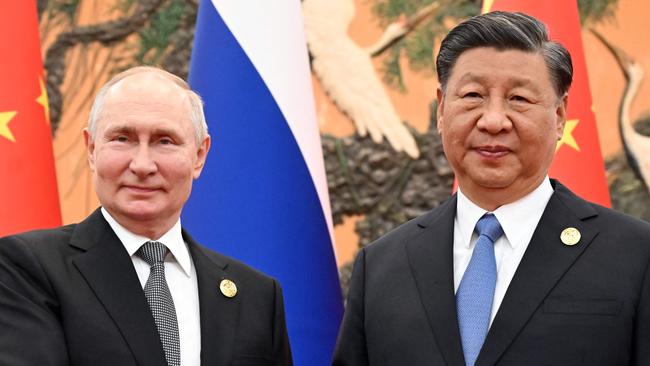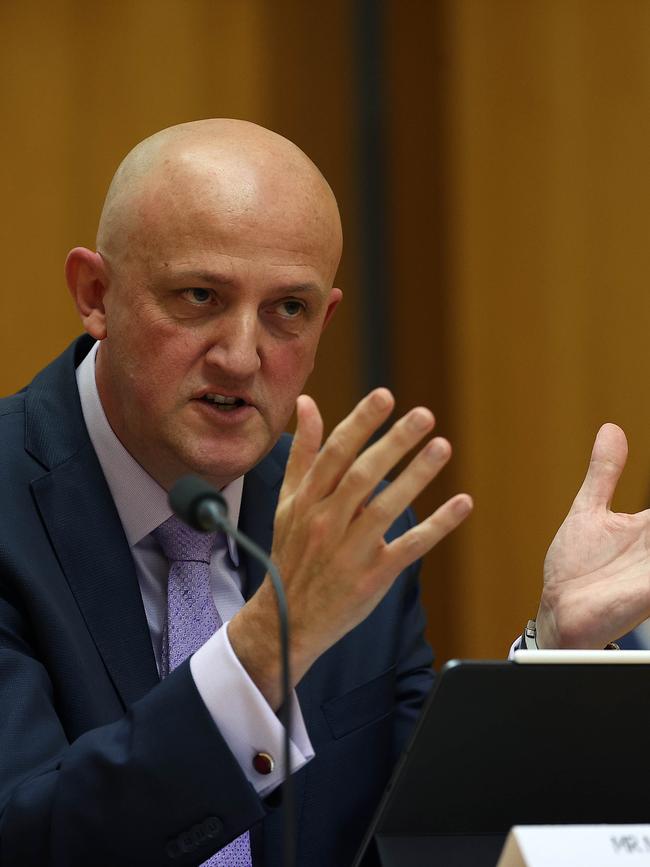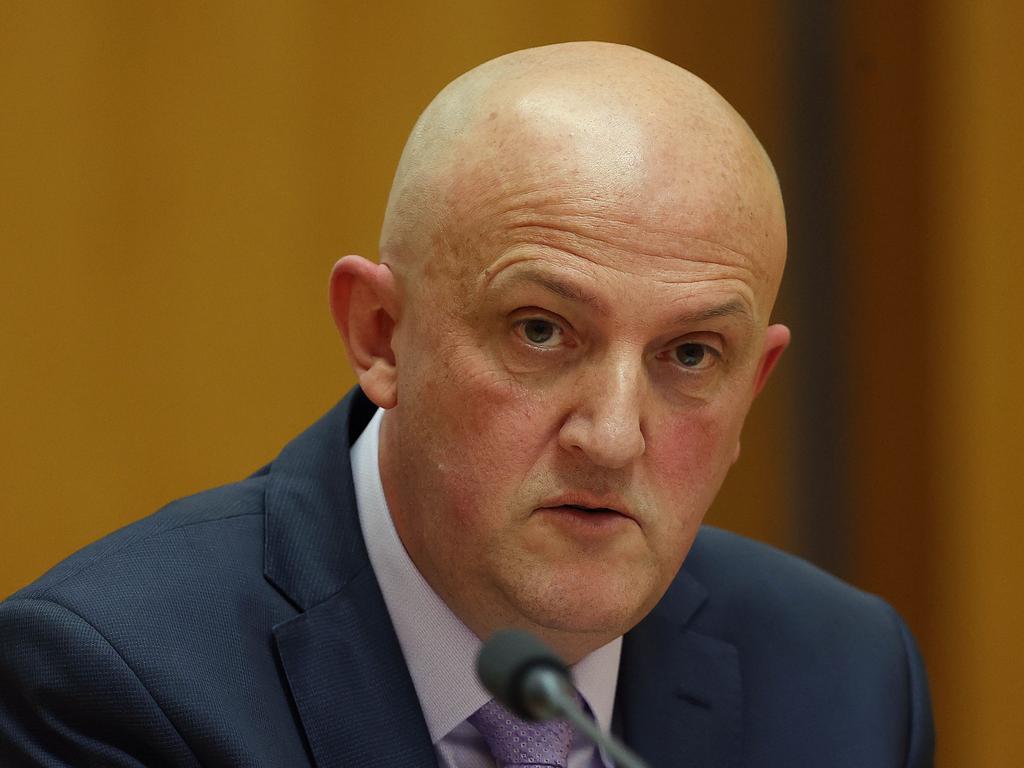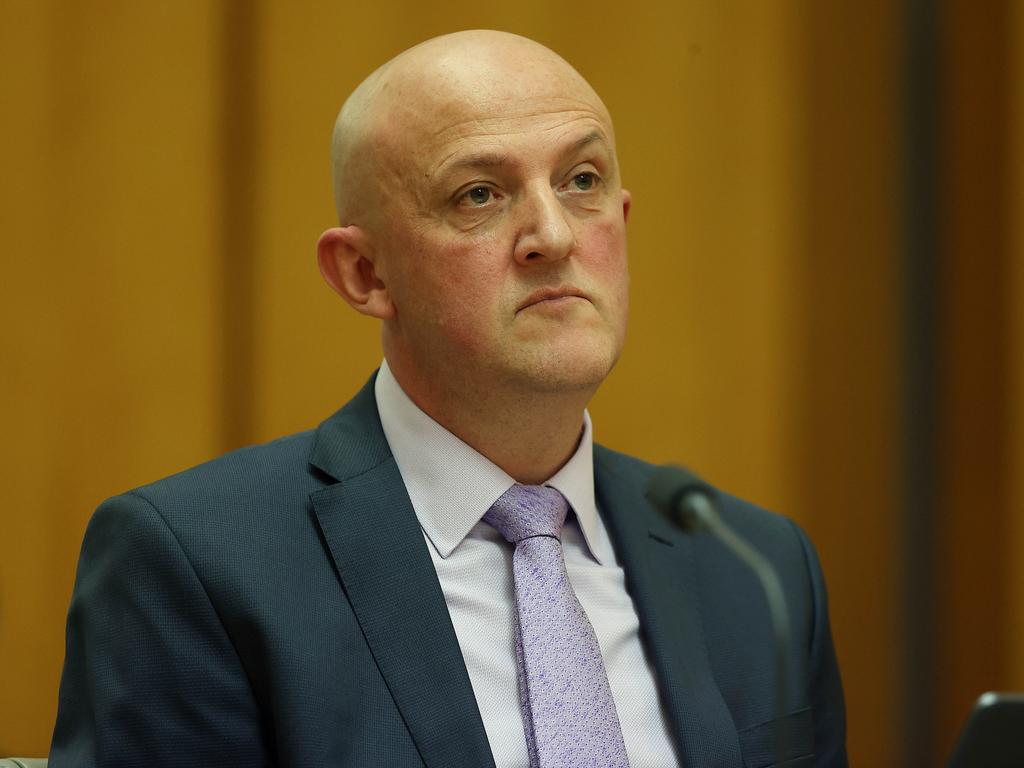Why economic clout is just as crucial as defence in China rebuff

But a 37-page booklet released by ASIO shows how economic security, as well as national security, is increasingly a focus. The booklet provides the most comprehensive advice the agency has issued on countering foreign raids on our research and innovation.
Our research heft and technological know-how, particularly in the private sector, are central to our national strength. As demonstrated by the priority placed on the AUKUS partnership, critical technologies such as AI, cyber and quantum are pivotal to the strategic competition that defines our era.
And while it will be essential to have a potent military for the coming decades, it will be just as vital to have a powerful, innovative economy based on this cutting-edge research and development, which will enable us to resist all the measures that rivals might throw at us that fall short of military conflict.
Sadly, authoritarian regimes such as those in Beijing and Moscow have already proved themselves to be masters at these “grey zone” tactics such as economic coercion, foreign interference, disinformation and intellectual property theft, which are intended to erode our resilience while giving their own economies an edge.
Countering these strategies is a shared national responsibility. It’s not just up to the government, much less the spy agencies. As the ASIO booklet amply conveys, corporate Australia, universities and research institutes have obligations not only to their shareholders, customers and students, but also to the nation, to protect themselves.
ASIO is therefore quite right to focus on these areas and to send the message to Australian innovators that they are targets of foreign spies and need to do more to safeguard their intellectual property. These are national assets.
China in particular has already turbocharged its technological and economic clout through industrial-scale intellectual property theft. Beijing has used this stolen expertise to bootstrap some of its homegrown tech industries so that, with the help of unfair domestic subsidies, they have become global players. They have done this in fields ranging from wireless technology to aerospace to semiconductors – many of which they are now using to compete with and coerce the West and could one day use to threaten it.
And as ASPI’s own research has shown, China now leads the world in research papers published in major journals in 53 out of 64 critical technology areas. This shouldn’t be surprising given Beijing told us publicly eight years ago, through its Made in China 2025 plan, that its objective was to surpass the United States in technological dominance.
At that time, democratic governments, bureaucracies, universities and business were so lured by the economic opportunities that they neglected the security threats. This has changed in recent years. But what ASIO is showing is that protection of our IP, research and innovation will need to be a long-term endeavour, not a one-off fix.
Adversaries play the long game and so must we. Unless we are consistent in prioritising security, open societies will lose what’s left of their competitive edge to authoritarian regimes, which pursue their strategic and security objectives relentlessly while dangling short-term economic opportunities in front of us.

Last week, ASIO boss Mike Burgess was in Silicon Valley with his Five Eyes counterparts to discuss how the five countries can work together to protect our innovative edge. Their first ever public appearance together delivered a clear demonstration of collective action and why it is needed, with Burgess stating: “The Chinese government are engaged in the most sustained, sophisticated and scaled theft of intellectual property and expertise in human history.”
The conversation is already underway. Nathaniel Fick, US Ambassador at Large for Cyberspace and Digital Policy, called in June for a coalition of countries to work together to counter Beijing’s IP theft “playbook”, saying: “If we allow the Chinese to run it again, they’ll run it in cloud computing, they’ll run it in AI, they’ll run it in every core strategic technology area. We have to build the biggest coalition we can.”
Open societies and economies are wonderful incubators of innovation but their very openness leaves them naturally vulnerable to theft and coercion.
The ASIO paper is striking for its detail and the strenuousness of the warnings. It talks about how even legitimate research collaboration with partners overseas can damage Australia’s national interest or constitute a security threat. It covers how employees with personal and financial stresses might be vulnerable to compromise by foreign spies.
There is a lengthy assessment of the risks relating to cyber attacks and the vulnerability of mobile devices. Overall, ASIO presses the need for companies and institutions to foster security-oriented cultures, baking in vigilance from management down to the newest graduates. The message is not that business with China should be prohibited, but it should be conducted with eyes open and security measures in place.
At the government level, Australia and the US have been alive to many of these risks for years. Former US President Barack Obama persuaded Chinese President Xi Jinping to sign an agreement in 2015 committing China not to engage in IP theft. Former Prime Minister Malcolm Turnbull agreed a similar deal with Beijing in 2017.
But just as important as signing such agreements is enforcing them, without which deterrence fails. A combination of international silence and rhetoric without action has seen Beijing only ramp up its global theft, interference and coercion efforts, disregarding any pledges it made. To Beijing, a broken bilateral promise or breach of international rules is nothing if it can buy, bribe and steal its way to military, technological and information dominance. Hence the increasing attention now on our private and research sectors.
This is a different era – one in which avoiding future conflict will be best achieved by being strong across the board, not just militarily but in terms of our economic sovereignty and our broad national dynamism. Well before we even get to crisis or conflict, China, Russia and other authoritarian powers are waging relentless campaigns, using any means possible, to gain an advantage in the research and critical technologies that will power the future.
Our security services recognise this. And they are calling on the nation to safeguard ourselves and our know-how – which are the greatest assets we have. We should all heed this call.
Justin Bassi is executive director of the Australian Strategic Policy Institute.







When considering the role of ASIO, most Australians likely picture our nation’s security agency battling traditional threats such as terrorists and foreign spies plotting to steal classified government secrets.